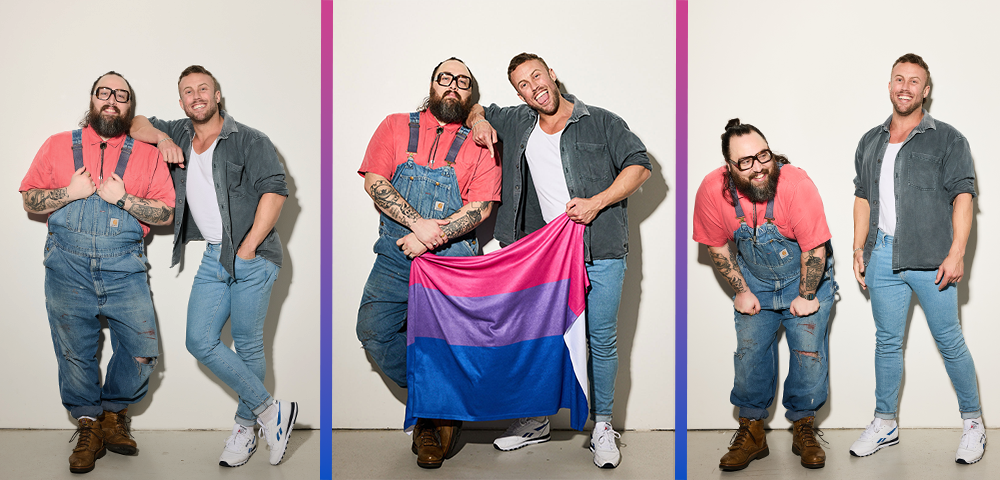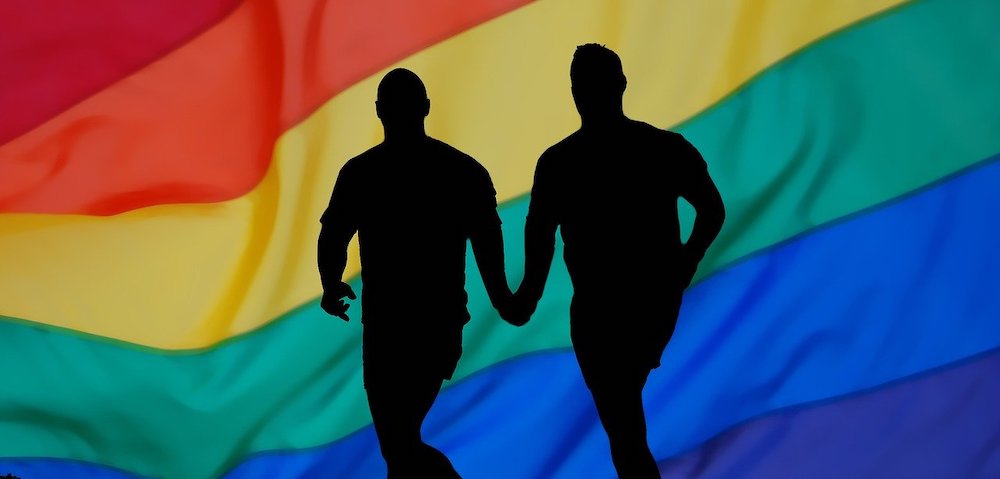

This week, the Star Observer‘s opinion pieces looks at the 2014 Federal Budget and how it impacts on the LGBTI community. First off, we hear from National LGBTI Health Alliance executive director Rebecca Reynolds on at-risk groups caught in the dramatic changes to Centrelink. The Alliance will also return tomorrow to raise questions about the quarter of a billion dollar spend on the school chaplaincy program.
_________
MANAGING a budget is something we all have to do — or have someone do for us. We need to know how much is coming in and how much is going out. We then have to prioritise the outgoing things from “most important” to “just not possible”.
The question of what is most important is a personal one, but we’d probably agree on a few key essentials: a roof over my head; food on my table; and access to essential services when I need it.
For so many people within our communities, particularly the most vulnerable, these most important things will become even less affordable as winter approaches and beyond. These are essentials like having a roof over your head, having someone to support you within your home, or having enough to feed yourself and your family on a day-to-day basis. My fear is that this situation will only get worse with the budget measures that have been proposed over the past couple of weeks. The proposed changes to our welfare systems, to Centrelink and the different practical and financial supports that have previously been provided, will particularly impact on the most vulnerable within our LGBTI communities.
But really, the potential changes will impact all of us.
On one end of the lifespan, we are all ageing, and the changes to the Age Pension eligibility criteria will affect me — even with the 2035 date appearing to be light years away. More immediately, the annual seniors supplement for the Commonwealth Seniors Health Card holders will be abolished from July 2014, reducing the budget of so many people within our communities who are living with long term chronic illness and other conditions. LGBTI people who have a history of discrimination are also less likely to have family support networks as they age.
Somewhere in the middle of it all, are families of two and three generations — families in all of their beautiful ways of construction. Rebates for childcare and a number of key support areas are all proposed to be restricted or removed. Daily living expenses will rise. When families are under strain, everything suffers.
This is most true for the youngest people within our communities. Increasing incidents of homophobic and transphobic bullying are seen, there are ongoing examples of physical and emotional violence within home, school and online settings, and a lack of acceptance of a young person’s sexuality or gender identity often means that it is unreasonable (or impossible) for them to live at home. Or if they are able to do so, it is difficult for them to gain or maintain employment because of the impact of the attitudes and behaviours they have experienced while working out where their identity sits and fits — often in a community that is hostile.
Many younger members of our communities rely on Newstart, Youth Allowance or the Disability Support Pension (DSP) to redress the impacts of living within a minority group. Under these circumstances, raising the eligibility age from 22 to 25 for Newstart means that many of these young people will not have an income. The corresponding changes to the DSP, including rolling and repetitive reviews of medical conditions, has the scary possibility of causing young people harm that could last a lifetime.
For young people who have a legitimate reason for not working, we need to ensure that there are measures in place that do not see them fall through the cracks within our systems. We know that when young people can’t access the support they need, they are more likely to place themselves in risky and potentially-harmful situations. The long term health and wellbeing impacts of which can be economically, emotionally, and physically catastrophic. The welfare sector will be placed under far greater stress and young people will be turned away from essential services.
The government has indicated that there will be exemptions for a whole range of people and it has also proposed that government-contracted job services agencies will help job-seeking youth. However, on an implementation level, job services agencies are vastly overstretched, and exemptions, which are decided on a case-by-case basis, are unreliable and largely inaccessible to someone who does not have the appropriate support to navigate the welfare system.
I am worried that if we don’t get the details right, then we are setting up a system that is going to fail those who are most in need of its support. And we all know that this has tragic outcomes.
So this Budget, with its proposed cutting of programs and reform of systems, indicates a vastly different future for our country. There is no doubt that we are an ageing population and we do need to be prepared to tackle these issues. A crucial step is to support people across the full lifespan — to prepare and support the younger generation. The government is doing some amazing work in aged care and ageing within LGBTI communities. Together we are making a difference.
It is my hope that we can do the same to support young people. This means careful consideration of the support needed by young people and families through the welfare system because ultimately it impacts all of us. With attention to the details that impact the lives of some of the most vulnerable within our communities, we can prevent what will otherwise be a tragedy.








